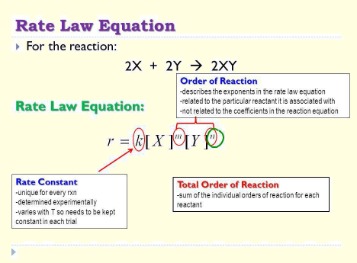Definition of Unearned Revenue in Accounting Chron com
If the company fails to deliver the promised product or service, or the customer cancels the order, the company will owe the money the customer paid. Unearned revenue refers to revenue your company or business received for products or services you are yet to deliver or provide to the buyer (customer). Therefore, businesses that accept prepayments or upfront cash before delivering products or services to customers have unearned revenue.
- As mentioned in the example above, when an advance payment is received for goods or services, this must be recorded on the balance sheet.
- What happens when a business receives payments from customers before a service has been provided?
- ASC 606 went into effect December 15, 2017, and it established a standard method by which companies record revenue in customer contracts.
- Although unearned revenue is a liability in the books, the above-mentioned are the benefits it possesses for small business owners.
- The journal entry for unearned revenue shows a debit to the unearned revenue account and a credit to the cash account.
- First, you will debit prepaid revenue under current liabilities or the specific unearned revenue account type.
See more accounting skills you need for your resume, and start learning these skills today with Forage’s accounting virtual experience programs. Some companies may use the average sales price per unit, though that’s not entirely accurate. All of the metrics you need to grow your subscription business, end-to-end. Subscription software helping you achieve faster recurring revenue growth.
Example of Realized Vs. Realizable Revenue
In the cash basis of accounting, a sale only counts once the payment is fully received and processed. From a cash flow perspective for the seller, this possesses an advantage who has the cash to perform the required services or to provide the required goods. It can also be beneficial as it allows the seller to perform other activities such as making What Is Unearned Revenue? A Definition And Examples For Small Businesses an interest payment on debt and making purchases of more inventory. Once the seller delivers the product or service, unearned revenue becomes revenue on the income statement. If you own an insurance company, then you likely deal with unearned revenue. In cases like insurance and subscriptions, the revenue is recognized on a monthly basis.
What is the difference between an unearned revenue and a prepaid expense provide an example of each?
Unearned revenues are money received before work has been performed and is recorded as a liability. Prepaid expenses are expenses the company pays for in advance and are assets including things like rent, insurance, supplies, inventory, and other assets.
Unearned revenue is recognized in accrual accounting, but not in cash accounting. Businesses can profit greatly from unearned revenue as customers pay in advance to receive their products or services. The cash flow received from unearned, or deferred, payments can be invested right back https://kelleysbookkeeping.com/accrued-interest/ into the business, perhaps through purchasing more inventory or paying off debt. Unearned revenue refers to the money that a business receives from a customer for work that is yet to be performed. It is essentially for goods or services whose delivery will take place at a later date.
Unearned Revenue Received
The deposit and rental fee your client pays is unearned revenue until the event or stay has been completed. Services that will take over a year to deliver upon should be marked as a long-term liability on the balance sheet. In summary, unearned revenue is an asset that is received by the business but that has a contra liability of service to be done or goods to be delivered to have it fully earned.

